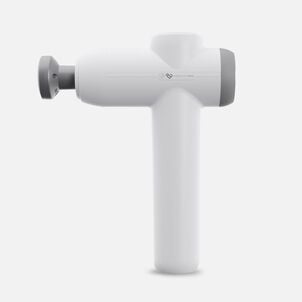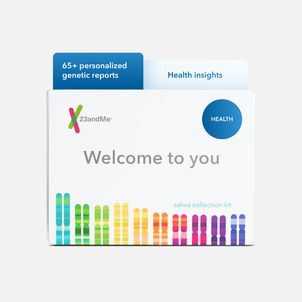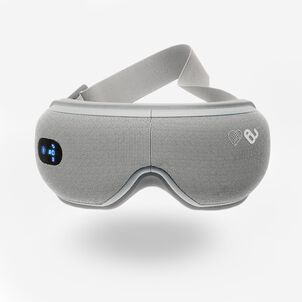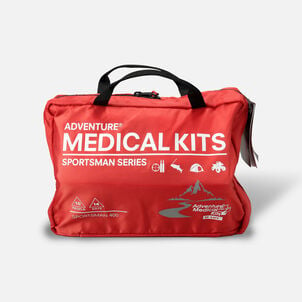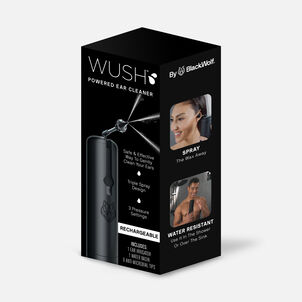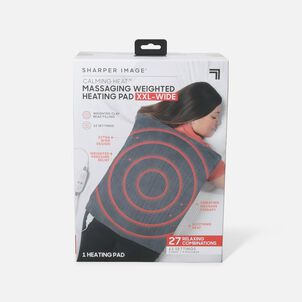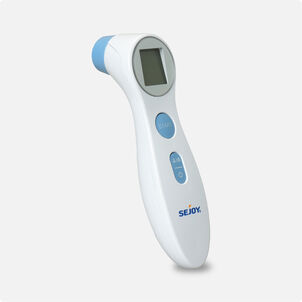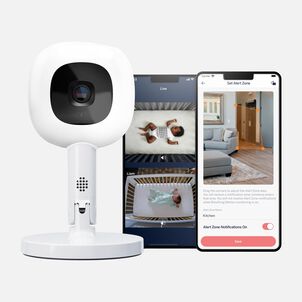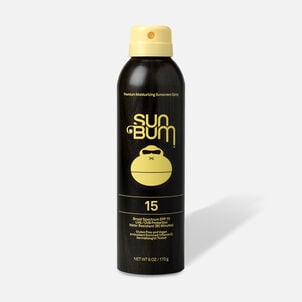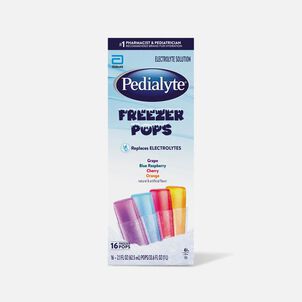Are sunglasses FSA eligible? Yes, we're talking about sunglasses on a site about FSAs. Just so there's no confusion, let's be clear from the outset — regular, garden-variety, discount-store sunglasses are not FSA eligible. Even those $500 Aviators you got at the mall, with the 40-page instruction manual? Also not FSA eligible. That is, unless those frames are fit with prescription lenses.
But don't all sunglasses protect my eyes?
On paper, it makes sense. Almost all brands tout UV protection so logically sunglasses should be FSA eligible, right? But, even though companies promote the potential benefits of their products, they're not considered a qualified medical expense because they are not used primarily for the treatment of a medical condition.
But, if you wear prescription glasses or contacts, you have a way to use FSA funds for new shades. Because prescription lenses are FSA eligible, you can get the protection you need from UV rays and macular degeneration, as long as the lenses also provide vision correction.
In fact, as long as the lenses help correct vision, the sunglasses don't have to be prescribed (although you may want to check with your FSA administrator because each has different guidelines on what exactly they'll allow). Tinted reading glasses offer non-prescription vision correction — even the mildest corrective aid — meaning you can use tax-free funds to buy them.
Now that the small print is out of the way, let's find out how you can get the perfect pair of prescription sunglasses for the rest of the summer. To be sure you're getting the right pair, don't go on a hunch — see an eye doctor to make sure everything is ideal.
Update your eye prescription
If it's been a few years since you've been to the eye doctor, make sure your next pair of sunglasses have the most updated prescription possible so you'll get the most out of your investment. You should go regularly to make sure your prescription is up-to-date.
Pick frames that suit your face
No matter what they tell you at that "hut" at the mall to make a sale, not every pair of frames is right for every face. So yeah, you might be itching for a specific pair, but an awkward frame size could be uncomfortable and might not provide the optimal protection from the sun's rays. Do some research in-store (preferably with your eye doctor) before making a purchase online to guarantee you're purchasing frames that compliment your face's shape, while still keeping your sense of style.
Pick a lens to match your prescription
There are three primary lens materials that you can choose from when purchasing prescription sunglasses: polycarbonate, plastic, and high-index. Generally, plastic lenses are for individuals with light prescriptions, while polycarbonate are similar but are impact resistant and are ideal for kids and those with active lifestyles. Finally, high-index lenses are the lightest and thinnest of all lens types and are typically used with higher prescription levels.
Maybe it's not exactly the news you wanted, but if you're one of the millions of people who use glasses for vision correction, your FSA funds can get you a pretty nice pair of sunglasses. If you think you have a need, take the time to visit an eye doctor and see what options you have for upgrading your eye protection.
-
Thank you for visiting the FSA Store Learning Center! Don’t forget to follow us for more helpful tips on Facebook, Instagram, and Twitter!

